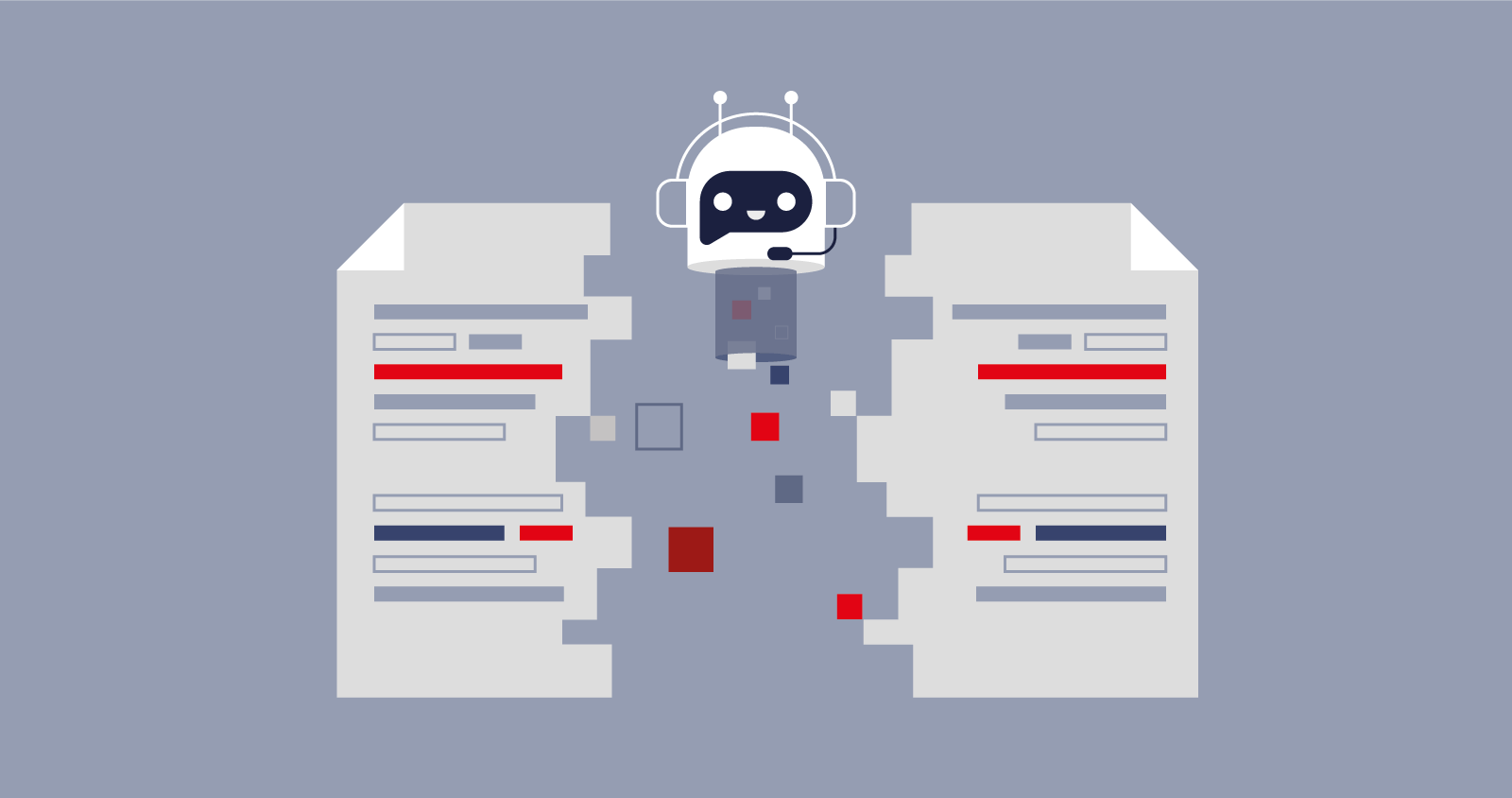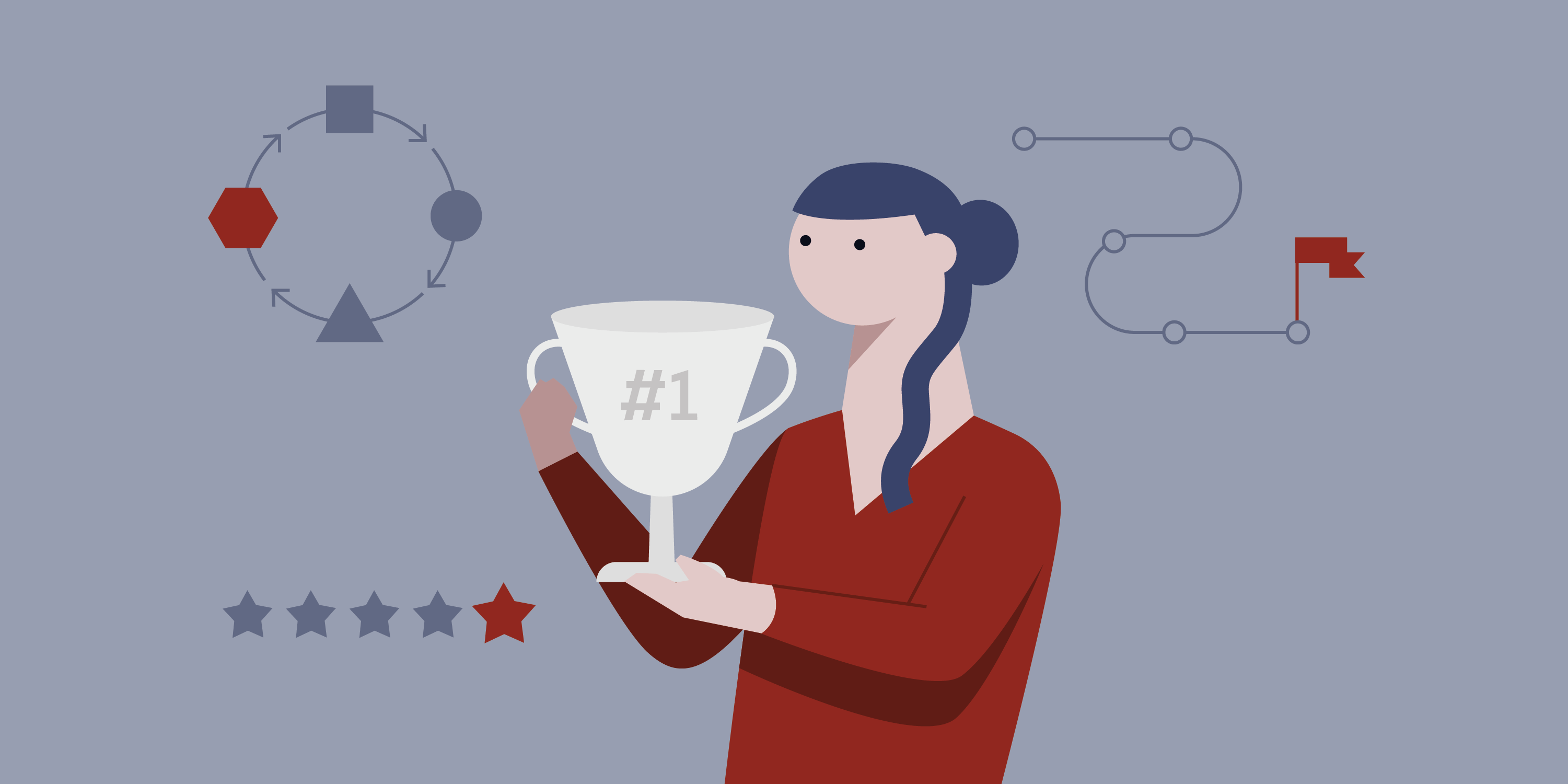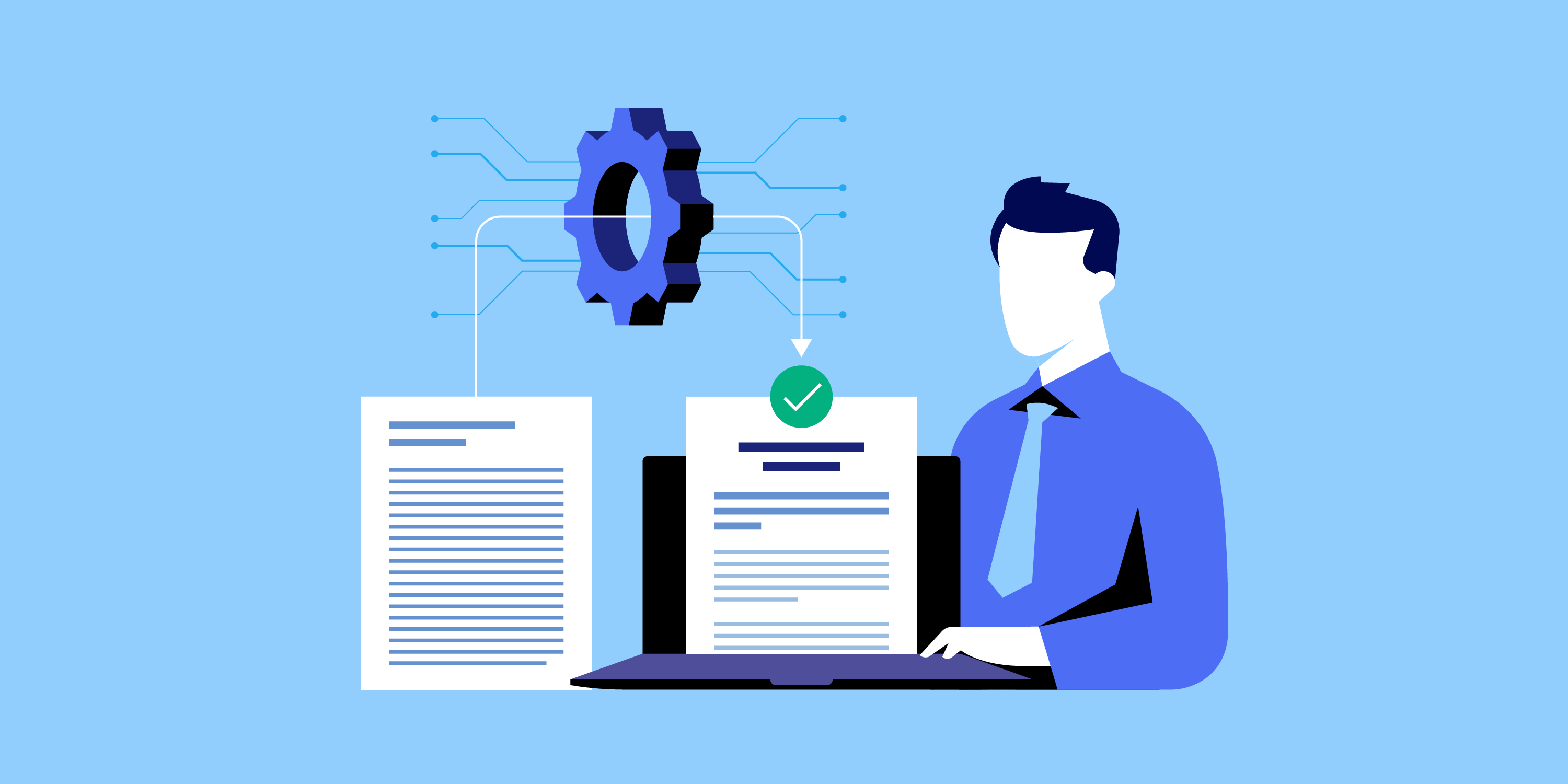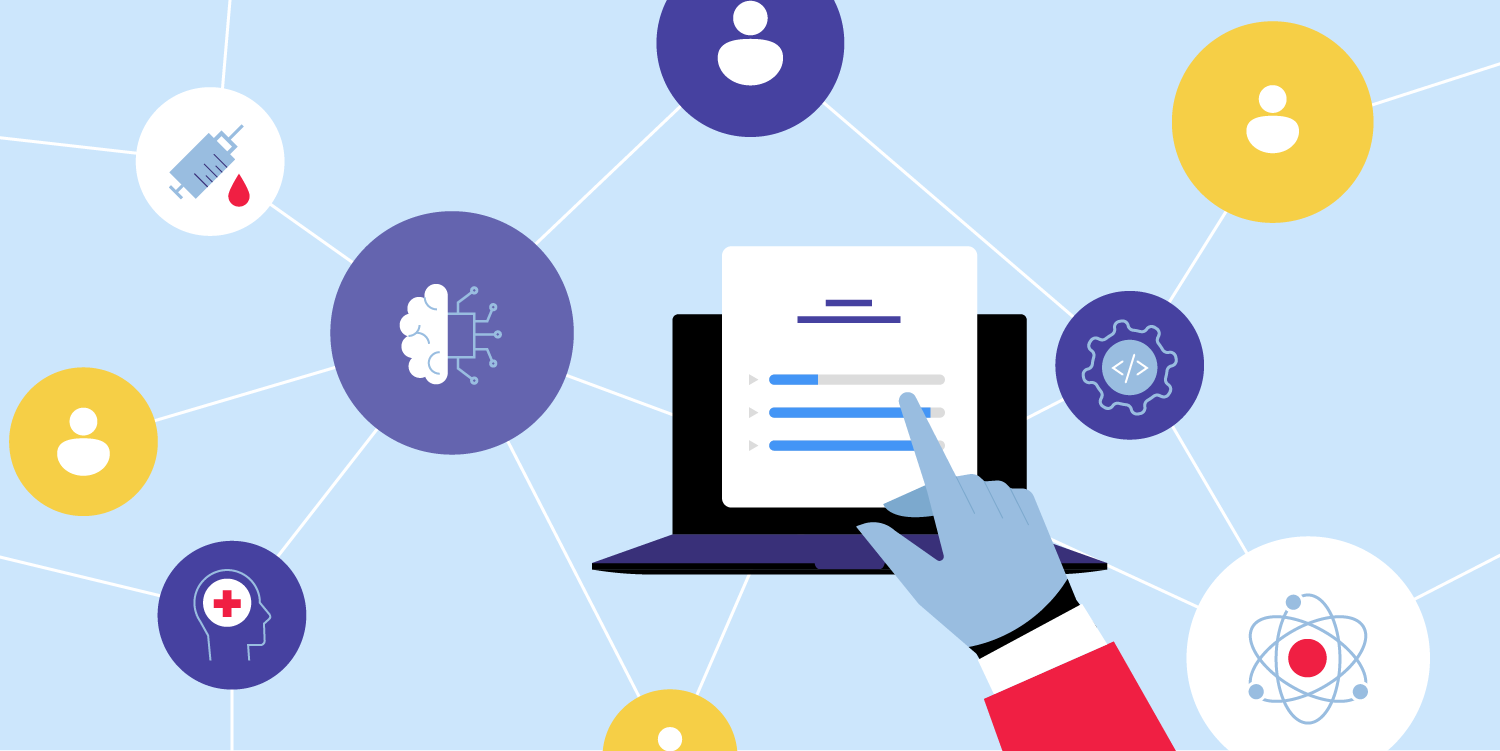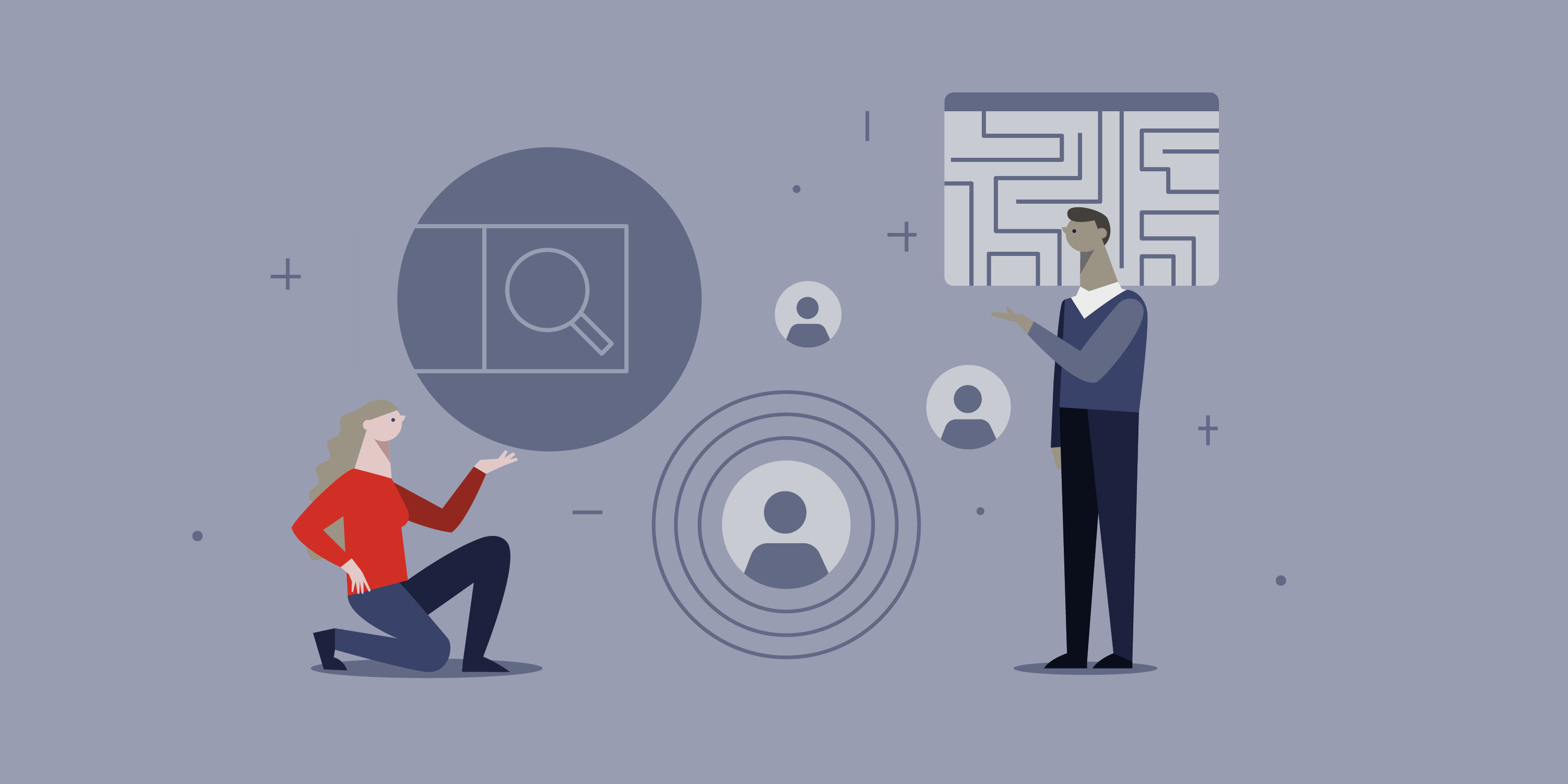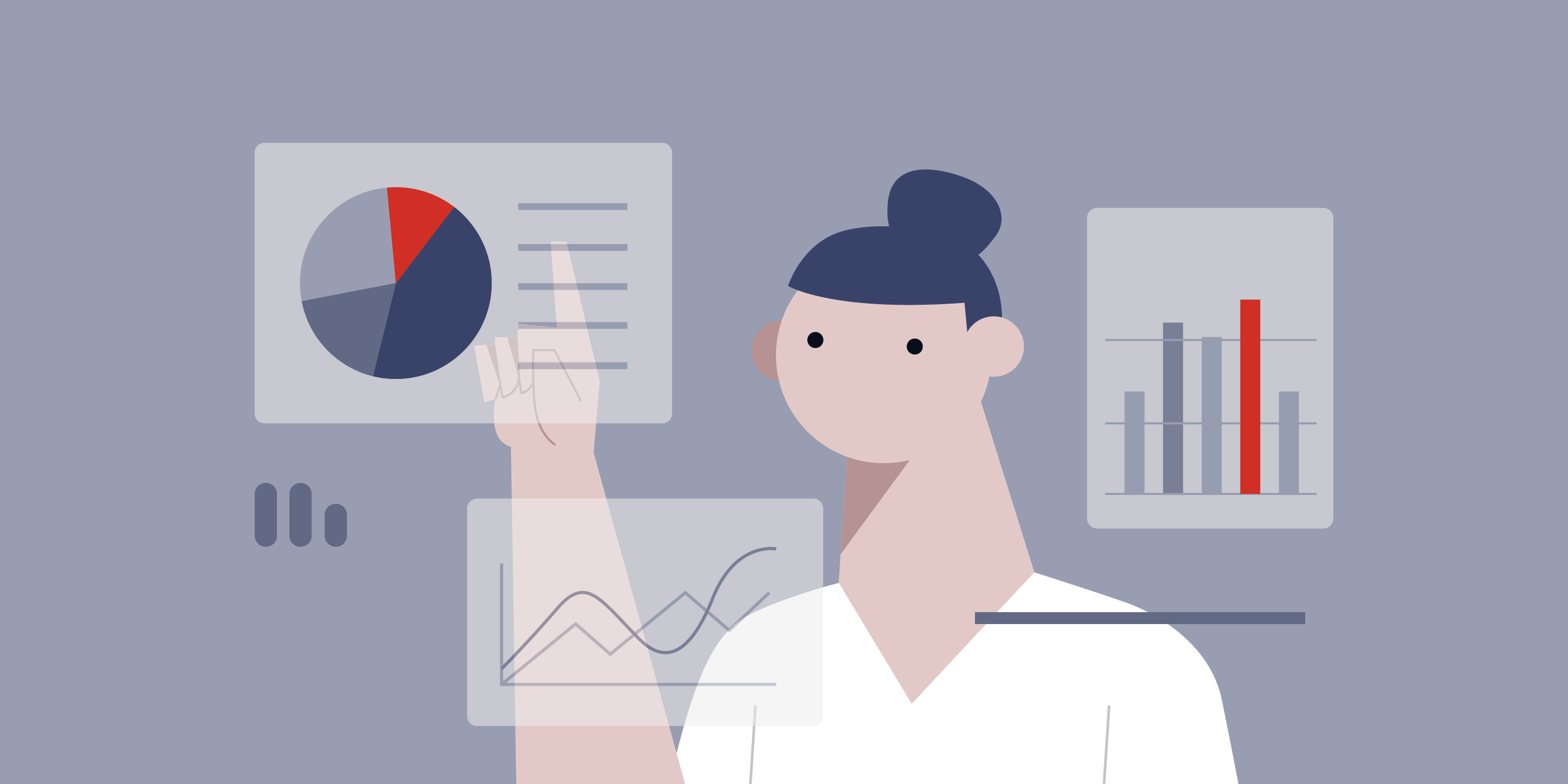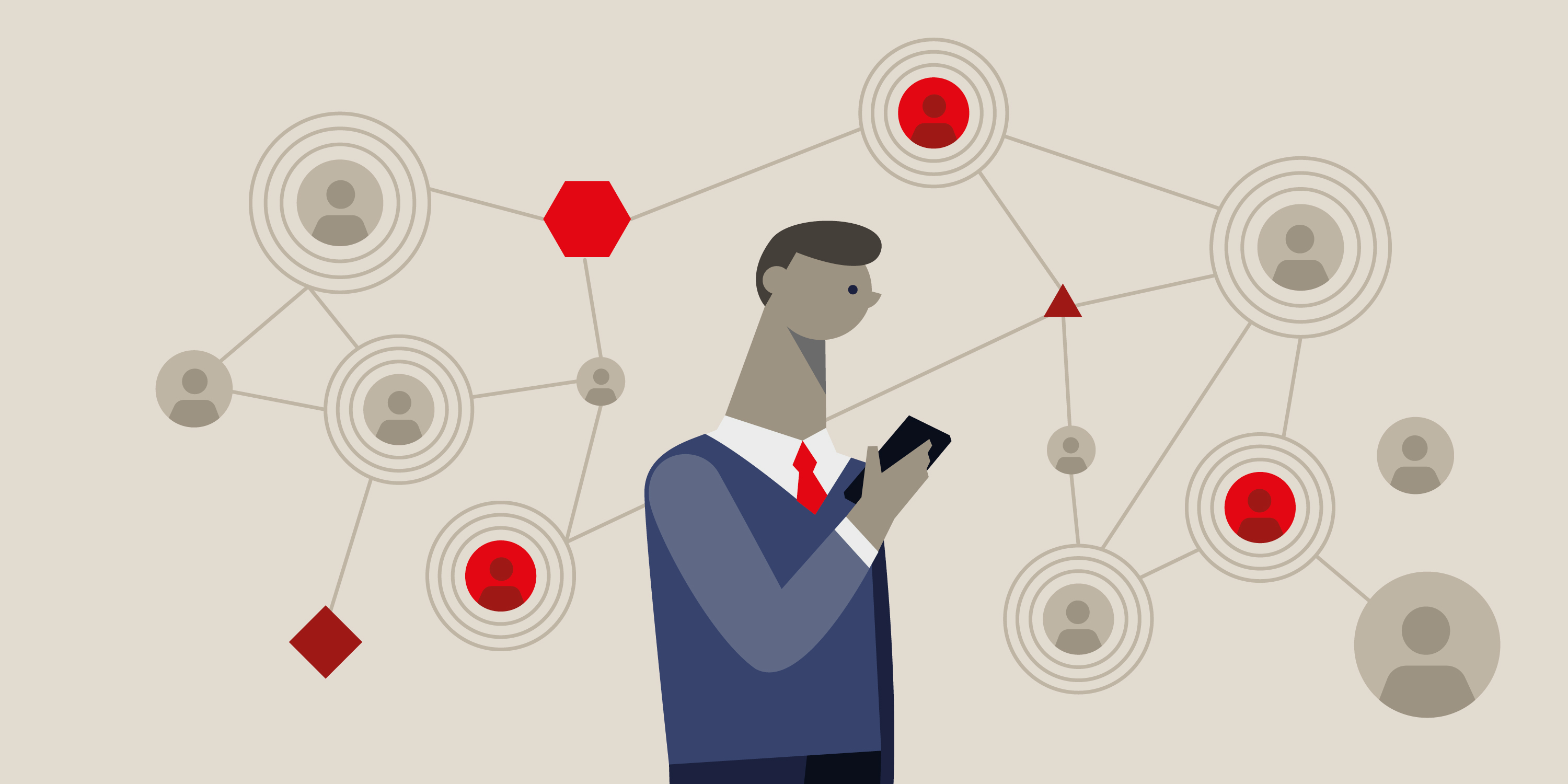Should Recruiters Use AI Recruiting Software?

Dalia Goldberg is a US-born writer based in Europe. She specializes in HR technology, productivity, and remote work.
There is a lot of manual work involved in recruitment, from sorting through resumes to reaching out to the best candidates and waiting to hear back. But what if there was a way to make the whole process run faster and more smoothly, improving the candidate experience and the recruitment process in general?
These days, automated and artificial intelligence (AI) software solutions for recruitment are becoming increasingly prevalent. A 2017 Deloitte study revealed that 33 percent of HR teams were already using some form of AI to deliver HR solutions. Artificial intelligence, and automated software more generally, can help with everything from candidate sourcing (both internal and external) to interview scheduling, candidate evaluation and streamlining your applicant tracking systems.
In this post, we will discuss what recruitment automation is and how AI is currently being used in recruitment, as well as the pros and cons of using this type of software. We will also introduce some of the most popular AI recruiting software packages, so that you can find one that fits your needs and budget.
What Is AI Recruiting & Recruitment Automation?
“Recruitment automation” is a broad term that means using software to manage any part of the recruiting and hiring process. Traditionally known as Applicant Tracking Systems (ATS), automated recruitment solutions are now more commonly referred to as “recruitment management systems”, and have evolved to include a number of different features.
Today’s automated recruitment management systems are sophisticated and able to help with nearly every part of the recruiting process. By using a recruitment management system, hiring managers can not only save time and improve their productivity, but also potentially improve the quality of their hires by making data-driven decisions.

What Are the Ways You Can Automate Recruiting?
Recruitment software companies approach automating recruiting in different ways. Even without AI, there are many ways in which the process can be automated (for example, using an algorithm to detect keywords in a résumé). Softwares with the added power of AI also have the capacity to make more sophisticated, “human-like” decisions and recommendations.
These are just a few of the recruitment tasks that can be automated, with or without the use of AI.
Online Career Pages
Career pages are a great way for companies to showcase the vacancies they have available, right on their own website. Automated HR technology can help you to create a career page, with AI providing even more opportunities to attract qualified candidates.
Yassine Belmamoun, co-founder of software company Manatal, explains: “Ten years ago, it was very costly and time-consuming to build a career page. Today, in ten minutes, you can have a fully operational and attractive career page. Career pages can [use] dynamic content [to] showcase different results, depending on candidates’ searches and actions.”
Posting Job Ads
Job postings can be time-consuming, but recruitment software can automate this chore. Some packages are able to go even further by selecting the best channels and career sites to post on to find candidates qualified for the position.
Candidate Scoring and Evaluation
Candidate scoring may feel like a subjective, “human” process, and it is. First impressions and soft skills play a big role in evaluating talent. However, automated software can help hiring managers with some of the more routine parts of candidate screening.
Moreover, says Yassine Belmamoun, AI and machine learning can go one step further by “recommending which candidates have the best skill sets and aptitude for a specific job, making recruitment much easier and faster.”
How Does AI Recruiting Work?
To understand how artificial intelligence is used in recruitment, we first need to understand how AI is different from regular software.
While the term “artificial intelligence” may bring to mind scenes from a science fiction movie, in reality, it can describe technologies as common as chatbots or image recognition. AI is simply an advanced way that machines can “learn” to make decisions (for this reason, some experts prefer to use the term “machine learning”). Rather than giving specific commands, programmers feed large amounts of data to the AI, “training” it to recognize patterns through repeated testing.
Resume Screening
“Using AI (NLP, machine learning, deep learning), we can screen resumes contextually. AI can learn about the job requirements and the hiring patterns of the organization based on previous hiring decisions. This helps you screen candidates, not only based on their hard skills and previous work experience but also based on the hiring culture of your organization,” says Amit Gawande, a data scientist at recruiting software company CVViZ. CVVIZ can take resumes from LinkedIn and other major job boards and analyze the skills that you need. Basically, you can take your job description and then fill in the types of skills you are hunting for, improving your resume database in the process.
Candidate Sourcing
One new trend that is easy to tap into is candidate rediscovery. This is when recruiting teams revisit their existing talent pool to try and fill new vacancies with the best talent that may have been overlooked for previous positions. It's a quick and effective way to refill the talent pipeline, especially since the candidates have shown interest before. "Every company, over a period of time, accumulates piles of resumes. Using AI, this data can be mined [to] help you discover the top talent by matching them with current job opportunities," explains Gawande.
Candidate Screening
Another way that AI can be used in recruitment is in the form of a chatbot. Chatbots can be used to speed up candidate screening and to sort out talent that may have come from large sources, like job boards. According to Gawande, companies can use “a rule-based or NLU (Natural Language Understanding) based chatbot, [which] could ask necessary prescreening questions to potential candidates. The same chatbot can be used to answer the most frequently asked questions and save recruiters’ time.”
Chatbots can take the time out of repetitive tasks and speed up scheduling interviews.

What Are the Benefits of AI Recruiting?
Using software with artificial intelligence capabilities offers many benefits when recruiting. Beyond simply automating routine tasks, AI is able to make helpful recommendations based on data and assist recruiters with communication with the right candidates.
Some of the benefits of AI in recruitment include saving time and improving the candidate experience. By automating the most time-consuming parts of the recruitment process with helpful recruiting tools, companies save money, and hiring managers are left free to engage with the more interesting and meaningful aspects of recruitment and the hiring process (like getting to know candidates). Moreover, the experience can also be made faster and more pleasant on the candidate side, improving the company’s image and making it more competitive.
What Are The Drawbacks of AI Recruiting?
Despite the many benefits of using artificial intelligence in recruiting, there are inevitably some drawbacks as well. Employers considering automating parts of their recruitment process should take these factors into account when deciding whether to invest in software, which software to use, and how to incorporate the software into their existing recruitment workflow.
Ben Kiziltug, Head of International at HR automation company Personio, offers some insights into one of the most important issues surrounding AI recruitment automation and recruitment technology. “Critics warn that AI-driven hiring tools can lead to bias and a lack of diversity in the workplace, since they can identify and promote candidates with common characteristics of a business’s existing workforce. As such, automation should never be used to replace human interaction... Companies seeking to use AI should focus on the administration tasks it can reduce, to give their people more time and space to find the perfect candidate, not expect automation to do the entire job for them.”
AI’s potential to inadvertently introduce bias is well-documented. However, on the other hand, AI can also be used to detect and remove any existing biases in the hiring process that may arise in social media or job descriptions. In general, when choosing to use any kind of recruiting technology, it is important to use common sense and ultimately allow humans to make the final judgment calls.
What Are Some of the Most Popular AI Recruiting Software Tools?
We spoke with recruitment experts from some popular software companies around the world, who shared with us the ways their recruiting tools can automate recruitment using both AI and traditional algorithms.
1. Manatal
Bangkok-based Manatal describes itself as “an advanced recruitment software enabling human resources departments and recruitment agencies to source and hire in the most effective way.” The software offers features like AI-based recommendations and a cloud-based Applicant Tracking System (ATS).
2. Personio
Personio is based in Germany, and offers “a holistic HR and applicant management software designed to give HR managers more time for tasks that truly create value.” The company’s Head of International, Ben Kiziltug, explained some of the software’s key features: “Personio’s recruitment software allows businesses to publish job advertisements on over 350 job portals, whilst their dashboard tool highlights the most successful portals to allow recruiters to be more strategic.” Personio also integrates with AI candidate-sourcing tools, such as MoBerries.
3. CVViZ
Headquartered in India, CVViZ is an AI recruitment automation software that “uses AI, intuitive UI and various integrations to simplify your day to day recruiting tasks.” The product includes features like AI resume screening, automated candidate sourcing, and an employee referral system.
Other Recruiting Software
Besides the three spotlighted in this article, there are many other recruiting software systems on the market, some of which use AI as part of their solution. Here are some more options for you to check out during your search (with descriptions sourced from their websites):
- Yello, a Chicago-based talent acquisition platform that “simplifies the recruiting process with automation throughout the candidate journey”.
- Ideal, an AI recruiting system based in Toronto that “uses artificial intelligence to analyze rich candidate information such as resumes, chatbot conversations, assessments and performance data.”
- Skeeled, headquartered in Luxembourg, an AI-based recruitment software that “includes features that automate the first steps of the recruitment process and save recruiters a large amount of time, while facilitating collaborative hiring.”
Conclusion: AI Can Have A Positive Impact On Your Recruiting
Using AI in hiring is not without its challenges, but when done responsibly it can have a positive impact on your recruitment process. AI recruiting software, and recruitment automation tools in general, can save time and offer benefits to companies, hiring managers, and job-seekers alike with reliable recruiting solutions to simplify your talent acquisition.

Dalia Goldberg is a US-born writer based in Europe. She specializes in HR technology, productivity, and remote work.
